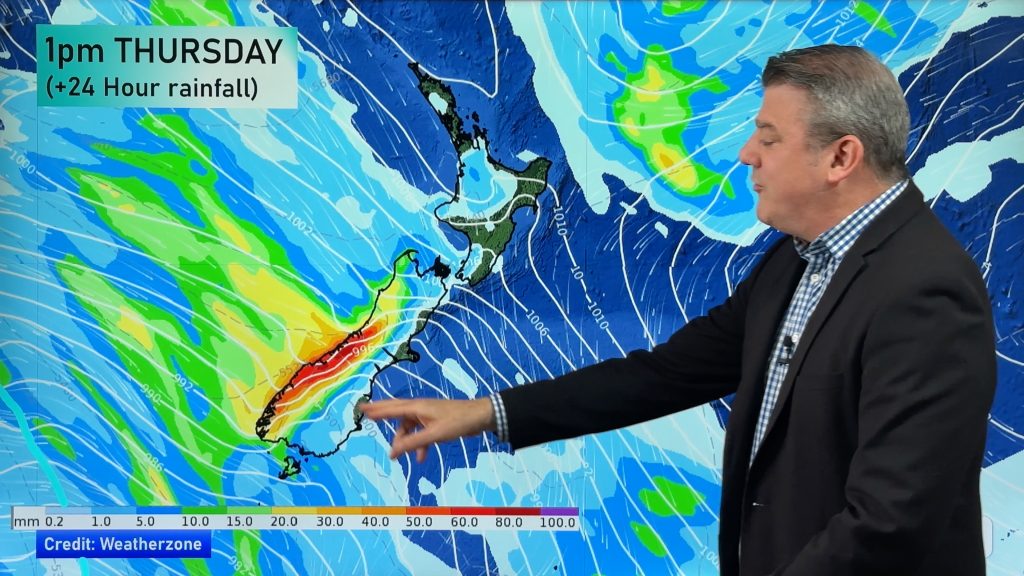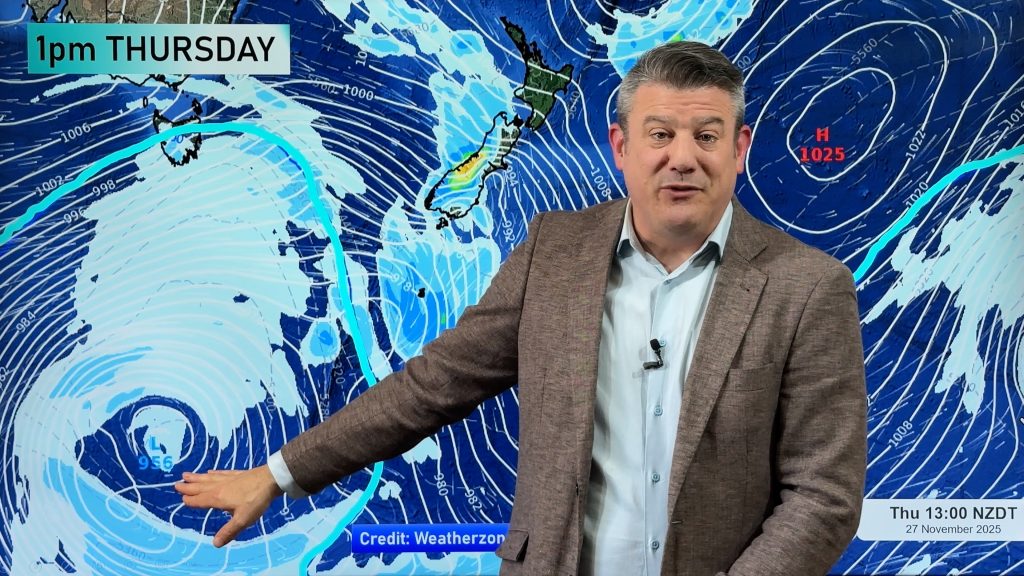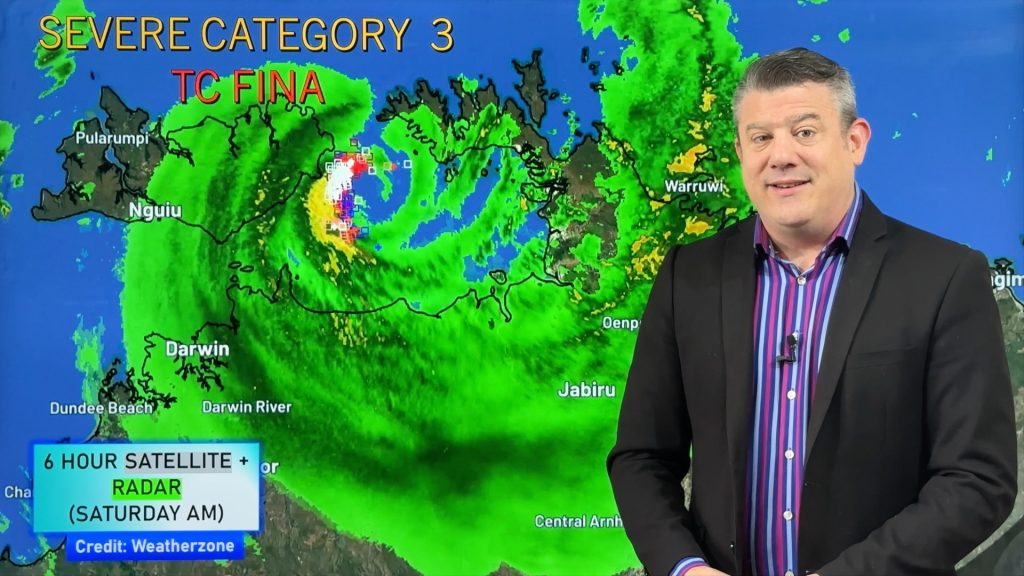
> From the WeatherWatch archives
Record low temperatures have wreaked havoc in several Asia countries, with 85 people reported dead in Taiwan and tens of thousands stranded at airports because of the unprecedented cold snap.
In South Korea, at least 90,300 saw their flights canceled over the weekend due to bad weather and more than 10,000 travelers faced severe delays at Kunming airport in southwestern China.
Taiwan authorities advised people to stay indoors after the deaths, while in Hong Kong, teeth-chattering temperatures forced kindergartens and primary schools to shut Monday.
China renewed an orange alert, its second most serious weather warning, with major highways blocked by snow and sleet just as peak travel season for the Lunar New Year vacation kicks off.
At least 65 dead as cold wave sweeps through east Asia https://t.co/3D29aFwVE3 pic.twitter.com/KzMLM3p0Wu
— The Indian Express (@IndianExpress) January 26, 2016
South Korea
An estimated 90,300 people were stranded on the southern island of Jeju, according to the Ministry of Land, Infrastructure and Transport, and around 1,400 people are staying in the airport at the moment, authorities said.
Since Saturday about 1,200 flights were canceled although the airport resumed operations as of Monday noon local time.
Its capital Seoul was hit Sunday by the coldest winter in 15 years, with the lowest temperature recorded at minus 18 degrees Celsius (minus 0.4 degrees Fahrenheit), according to the country’s Meteorological Administration’s website.
That’s the lowest since January 2001 when the mercury fell to minus 18.6 degrees Celsius (minus 1.48 degrees Fahrenheit), the website’s historical data showed.
China
China renewed its orange alert, its second most serious weather warning on Sunday, state news agency Xinhua said Monday, with at least four deaths reported.
In the middle and lower reaches of the Yangtze River, the lowest temperatures could reach minus 12 degrees Celsius (10.4 degrees Fahrenheit) from Sunday to Monday, the National Meteorological Center said.
Zhejiang, Fujian and Guangdong provinces are forecasted to approach or even drop below the lowest levels on record while parts of central and eastern China were 6 to 8 degrees Celsius (11 to 15 degrees Fahrenheit) lower than the average historical level.
The worst cold snap in years coincided with the beginning of a 40-day travel rush for Chinese New Year which falls on February 8 this year. Snow and sleet have closed parts of the highway in the southwestern province of Yunnan.
It has also affected air travel with authorities struggling to divert at least 11,229 passengers who have been stranded at Kunming airport since Saturday, Xinhua said.
Dosens dead across East #Asia after freak #cold snap https://t.co/0elw2Sp90G pic.twitter.com/Rx9eHrdugk
— RT (@RT_com) January 25, 2016
Hong Kong
The typically subtropical Hong Kong experienced its coldest weather in nearly three decades, leading to the shut down of all kindergartens and primary schools on Monday.
On Sunday, the average minimum temperature dropped to 3.3 degrees Celsius (38 degrees Fahrenheit) over the city, where there is no central heating in most buildings.
Frost tourists hoping to see snow ventured up to the city’s highest peak Tai Mo Shan, where temperatures fell as low as minus 6 degrees Celsius (21.2 degrees Fahrenheit), local media reported. Photos and videos on social media showed sleet on the ground as people slipping and sliding along icy mountain roads.
Firefighters had to help over a hundred trapped people at the peaks, 64 of which were sent to the hospital with many exhibiting signs of hypothermia.
“Temperatures on high ground remain below zero degree with icing and frost,” the Hong Kong Observatory warned on Monday morning, adding that the “intense cold surge will continue to affect southern China in the next couple of days.
Cold snap hits east Asia, killing dozens and disrupting travel https://t.co/u1fyjQgcMM pic.twitter.com/hy06ymoZDY
— Stuff.co.nz News (@NZStuff) January 25, 2016
Taiwan
Across the strait, Taiwan’s official Central News Agency (CNA) said the cold weather had claimed dozens of lives.
As of Sunday evening, local, at least 85 people have died in Taiwan due to hypothermia or cardiovascular diseases caused by the sudden drop in temperature, state media reports, citing local fire and emergency services officials.
Thirty-five of the deaths were reported in Taoyuan — northern Taiwan, according to CNA.
Sixteen people – all aged between 65 and 93 – from the southern city of Kaohsiung were declared dead on arrival at a local hospital.
Paramedics have advised the public, especially senior citizens, to keep indoors.
Japan
Japan’s Meteorological Agency confirmed that Nago city on the tropical island of Okinawa saw snow for the first time in recorded history since 1966, while the island of Amami Ohshima had its first snowfall in 115 years.
Many other cities throughout western and northern Japan experiencing historic snow falls, including in Nagasaki city which was blanketed in 17 cm (about 7 inches) despite snow being a rarity there.
At least three people died on Sunday. In Niigata city, a 63-year-old man was washed away while trying to shovel off snow blocking a river. His wife was also discovered dead after trying to rescue him. Another 80-year-old man was run over by a snow shovel car.
Over 60 flights were canceled due to heavy snow, according to transport authorities.
Comments
Before you add a new comment, take note this story was published on 26 Jan 2016.





Add new comment